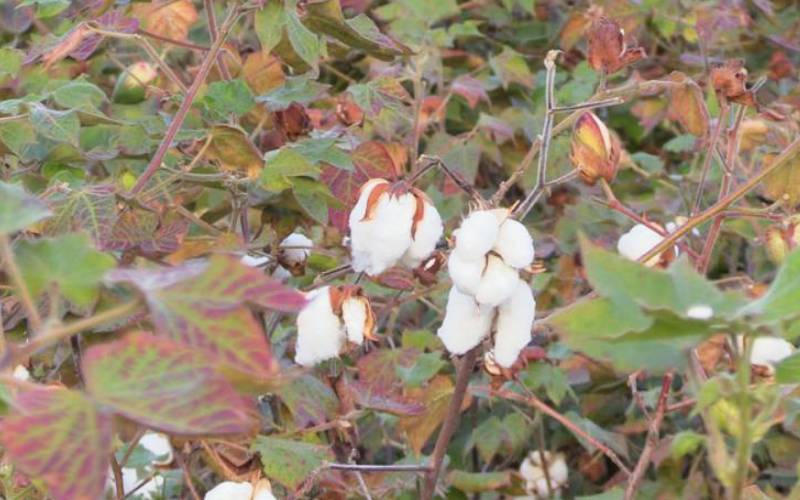×
The Standard e-Paper
Kenya’s Boldest Voice

The recent cabinet approval of commercialisation of Bacillus Thuringiensis (BT) cotton hybrid farming came as a surprise to many who thought the trials would continue in the New Year.